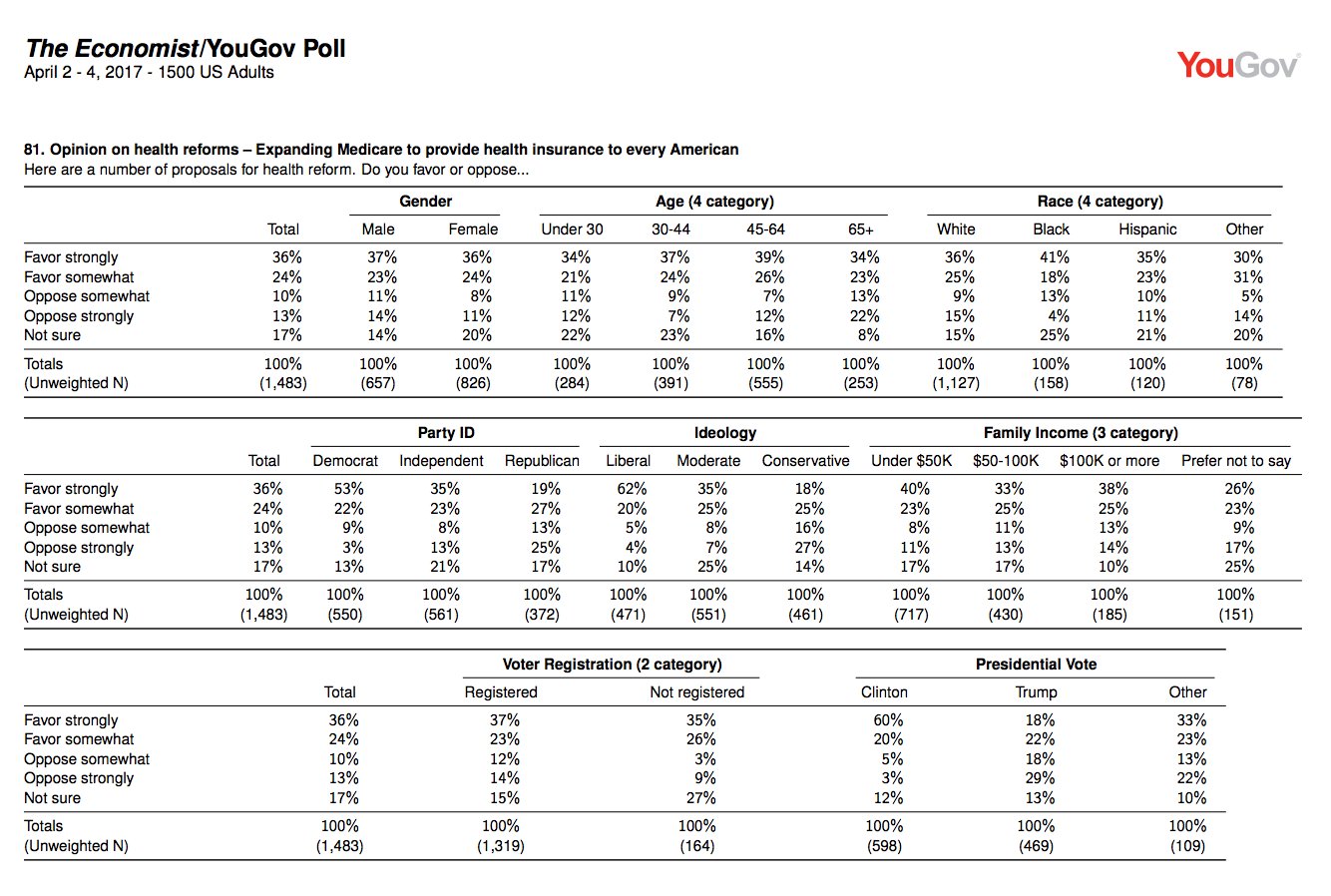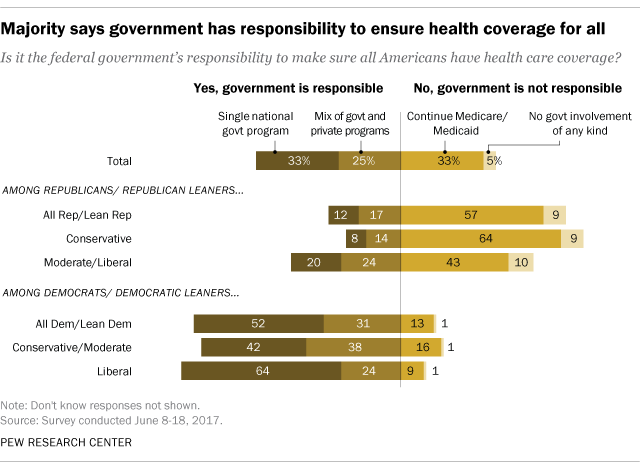Hiku said:
I don't know if naive is the right term. Maybe it is. But this seems to not take take into consideration powerful forces rallying to misinform and oppose something.
But no matter how many people want it, if they are mislead by certain usage of words, like you know how some people said they hated Obamacare because they have the Affordable Care Act (even though it's the same thing), or certain news outlets convincing people that Social Democracy is the same as Marxism Socialism, or climate change is a hoax while they get funding from the fossil fuel industry, etc, change won't come to pass. Because not enough people end up holding their representatives accountable. They re-elect them.
With the way police some times, but sadly often enough, behave, especially in the US, the same thought crossed my mind when reading that segment.
I'm not exactly sure what you were saying on the bolded part. Seems to be a typo in there. Could you rephrase that?
From what I can gather, the "people who couldn't handle their finances" may have been a slight misunderstanding. Basically, nothing changed because that Obama era bill had not yet come into effect before Trump rescinded it.
And as John Oliver pointed out, NRA lobbies money to defund public statistics about gun violence.
I don't presume something that worked for another country would automatically work for the US either. But USA's gun statistics are comparable to third world countries (accounting for population differences) and think that something meaningful should be attempted in order to change that. That gun homicides have been dropping is nice, but what's going on is still mind boggling to people looking in from the outside.
Interesting. It may have been that it was just gun related suicides that dropped, which in that case isn't useful, unlike the gun homicides that dropped without non firearm related homicides increasing. |
Purely a matter of opinion, but I think a one-on-one argument is virtually always going to be more effective than an information campaign, no matter how costly and widespread.
We're wading into different waters here, but I'll try to follow as much as I can.
On the universal healthcare issue, I'm torn as well. I'm not against taxpayer-subsidized healthcare for those who genuinely need it but would face an undue financial burden to pay out of pocket. What I am against is universal healthcare that automatically covers any issue a person claims to have. I'm not in the medical profession, but I have many acquaintances who are, and they all confirm my suspicions about hypochondria in the U.S. A majority, if not the majority, of people seeking healthcare (in the U.S., at least) are seeking attention and drugs whenever they just feel a little off. As if they're entitled to never be in pain or feel disturbed. Also, plenty of people are just reckless and I have no problem with expecting them to pay their own medical bills. But for something like breast cancer or anything which a person doesn't knowingly risk on their own, taxpayer money going to that is fine with me.
I'm also okay with people/corporations donating as much money they like to whoever, and I'm against the banning of commercials, whatever commodity they may be peddling (assuming it's legal).
I don't disagree at all about people not holding their representatives accountable. I admit I'm jaded with the whole thing, as I've only voted once in my life, and even then, I didn't really expect much, if anything, to improve. People seem to treat politics much the same way they do with sports fanaticism. Anything for their team. That hinders progress more than any information campaigns, in my opinion.
Sorry, what I meant about the no-fly list is that I don't know how one gets on it. If this information is publicly available, I'm not aware and haven't yet found it. Some articles listed 'possible' ways one could get on the no-fly list, but no concrete rules seem to have been released by the government. So the idea that the government can restrict a person's rights, based on a measure the citizen isn't even allowed to know, that seems very dangerous to me.
Looking at the original bill, the only people being used as a source to identify the affected individuals as mentally impaired was the Social Security Administration. I don't think they're qualified to say whether a person is a potential hazard to others or not. So using them as (seemingly) the sole basis for restricting a person's right to own a firearm seems like a wrongheaded way to go about it.
And I'm all for reducing gun violence, which is why I'm happy to see it steadily drop in the U.S. Yes, it's still significantly higher than one would expect from such a developed country, but I'll take what I can get. And it's also why I'm wary about making any potentially radical changes to the current laws when it seems we're already on the right track. I know that must sound like a harsh/extreme thing to say in the wake of so much violence, but looking at the big picture, I can only hope that the next twenty-five years see the same trends as the past twenty-five.






















